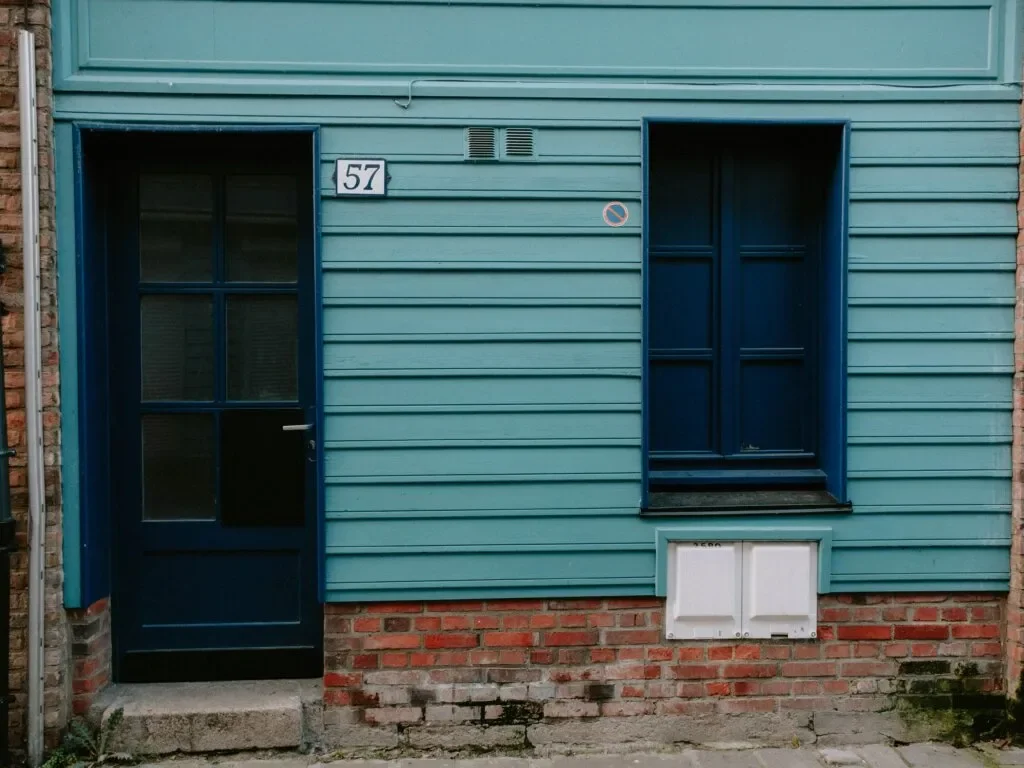Can I Sell My House With a Foundation Problem in Colorado?
Selling a home with foundation problems isn’t impossible, but it often comes with extra hurdles—delays, lower offers, and careful negotiation.
Before listing your property, add a foundation or structural inspection to your preparation checklist. Knowing whether your home has foundation issues is critical, as some buyers and mortgage lenders may refuse to move forward with a property that shows structural instability.
Government-backed loans such as FHA, VA, and USDA mortgages have strict requirements regarding a home’s structural integrity. Foundation problems could lead to a postponed closing—or even cancel the deal altogether.
If you’re unsure whether your house has foundation problems or how to confirm them, this guide will walk you through the signs, repair options, and strategies to sell your home with confidence.
How to Know if Your House Has Foundation Issues
Start with a simple walk-through around your property. Look for warning signs inside and outside the home. A qualified real estate agent or inspector can also help identify red flags.
Exterior warning signs:
Sinking or settling foundation
Foundation upheaval
Gaps between garage doors and pavement
Gaps between siding and trim
Exterior walls bowing or bulging
Rotating or tilting foundation walls
Horizontal or vertical cracks in concrete or brick
Stair-step cracks in mortar
Porches, decks, or columns leaning away from the home
Chimneys pulling apart from the house
Interior warning signs:
Doors and windows that stick or won’t close properly
Wall or floor cracks (especially diagonal cracks near doors and windows)
Uneven or sloping floors
Walls separating from the ceiling or floor
Bulging or bowed interior walls
Sagging wood flooring
Cabinet doors that won’t stay shut
Cracks near fireplaces
Damp crawl spaces or standing water around the foundation
What to Do if You Suspect Foundation Problems
Hire a structural engineer
Instead of calling a foundation repair company right away, get a professional inspection first. Engineers can determine whether cracks are structural or cosmetic and identify underlying causes such as drainage or soil conditions.Decide whether to repair or sell as-is
Some homeowners choose to fix foundation problems before selling to attract more buyers and command a higher price. Others sell the property “as is” to investors or buyers willing to take on repairs.Work with licensed foundation repair contractors
If you opt for repairs, get estimates from at least three qualified contractors. Make sure their methods are approved by the International Code Council Evaluation Services (ICC-ES).
Common Causes of Foundation Damage
Foundation issues are often linked to soil conditions and water problems:
Shrinking soil: Soil dries and contracts during hot weather or due to nearby tree roots.
Expanding soil: Heavy rain, plumbing leaks, or sewer breaks can cause swelling and pressure on the foundation.
Poor drainage: Clogged gutters, improper grading, or pooling water destabilize the soil.
Substandard construction: Poor soil compaction or building on mixed soil types can lead to uneven settlement.
Average Foundation Repair Costs
Foundation repair costs vary depending on severity, location, and materials. On average, homeowners spend $2,200 to $8,100, with most repairs landing around $5,200.
Minor crack repair: $250–$800
House settling or sinking: $5,000–$25,000
House shifting: $700–$25,000
Bowing walls: $4,000–$12,000
Basement underpinning: $1,000–$3,000 per pier
Additional expenses may include soil reports, permits, engineer fees, and even tree removal if roots are affecting the foundation.
Can You Sell a House with Foundation Problems?
Yes, but expect some compromises. Buyers may demand discounts or use foundation issues as leverage in negotiations. That said, there are buyers who specifically seek these properties, such as:
House flippers looking for investment deals
Cash home buyers willing to purchase homes in any condition
Buyers using renovation loans that cover repair costs post-closing
Should You Fix Foundation Problems Before Selling?
It depends on your goals, market conditions, and finances.
Pros of repairing before selling:
Higher selling price
Increased buyer confidence
Better curb appeal
Cons of repairing before selling:
Expensive repairs that may not fully pay off
Delays in listing your home
Some buyers may prefer to handle repairs themselves
Legal Disclosure Requirements
Most states require sellers to disclose known foundation problems. Even if you don’t fix the issues, you must disclose them in writing. Hiding foundation damage could lead to legal trouble later.
Selling As-Is or to Cash Buyers
If you decide not to repair, you can sell your home as-is or directly to a cash investor. These options let you avoid the hassle of repairs, inspections, and financing delays, though you’ll likely sell for a lower price.
Key Takeaways
Get a professional inspection to confirm foundation problems.
Weigh the costs and benefits of repairing versus selling as-is.
Disclose all known issues to avoid legal risks.
Work with an experienced real estate agent who understands how to market homes with structural challenges.

